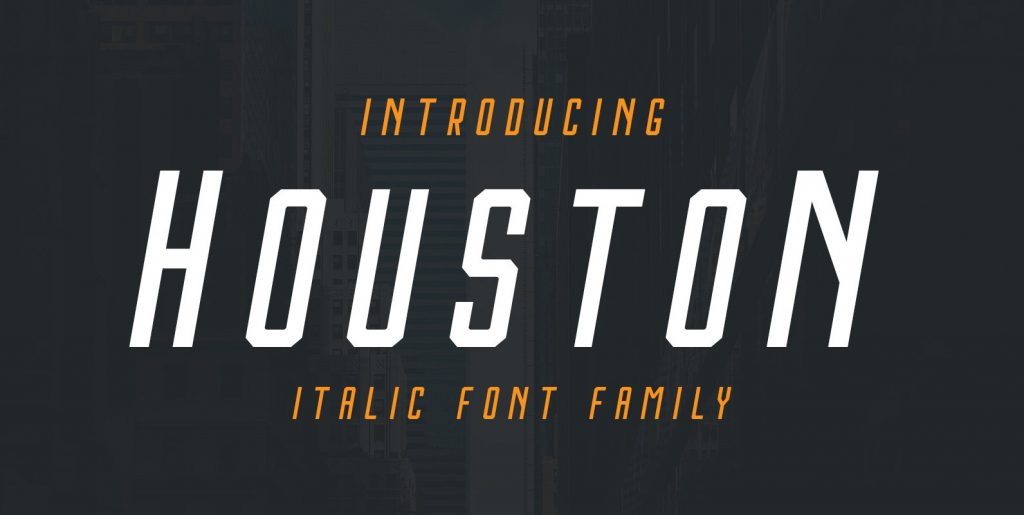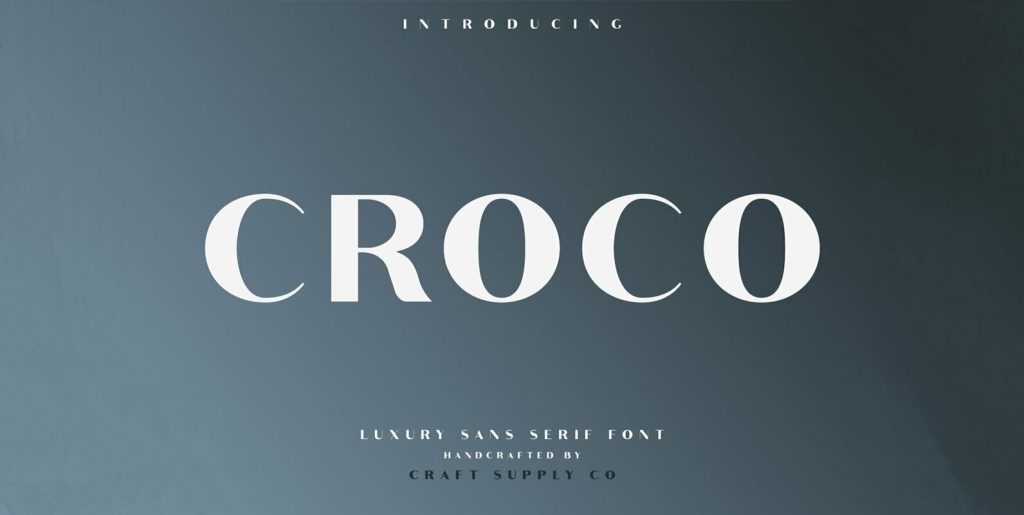The typeface that shifts gears
Since its origins, typography has been closely related to the handwriting from which it originates. The quicker we write, the more the writing is done without raising our hand; typographic shapes derived from this action are known as “cursive”. So, why not imagine the opposite: that the shapes decomposed into several strokes represent a slower execution speed? This is the path Jérôme Knebusch took in the creation of Instant.
Naturally, speed produces light marks on the paper, while a slower pace results in a heavier mark. This is the spirit behind Instant, a family in which each member is defined by a speed, which in return lends it both shape and weight: Instant Vivid, Instant Quick, Instant Regular, Instant Slow, Instant Heavy. Instant Vivid encapsulates handwriting, animated by a vivacious motion, while Instant Heavy is a sans serif, with robust and reassuring forms. Each weight is an intermediate step which allows the passage from one extreme to another.
Instant calls into question some established practices of typography. The semantic purpose traditionally assigned to italic – usually emphasizing a language element – is only possible by juxtaposing contrasting weights. On the other hand, Instant lets modern typographers rediscover italic’s first purpose, which was conceived as a design in itself, chosen for its own qualities. A wealth of expressiveness is at the heart of this family, allowing the user to stage a variety of connotations within a single text.
Typographic research project par excellence, Jérôme Knebusch designed Instant at Atelier national de recherche typographique, starting in 2005. It received the careful support of Hans-Jürg Hunziker.


